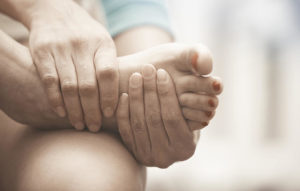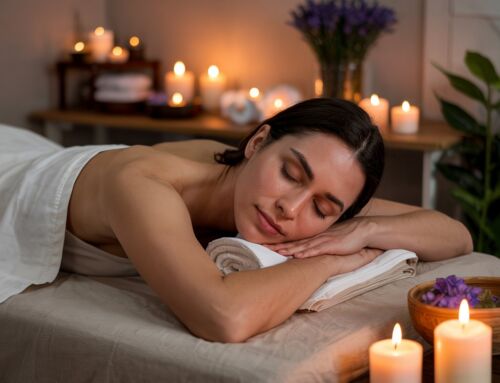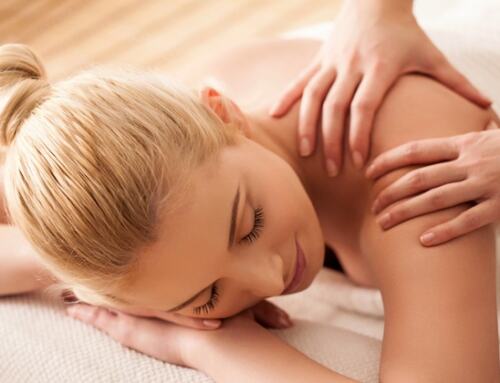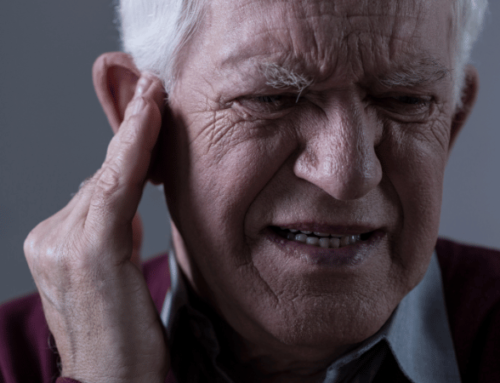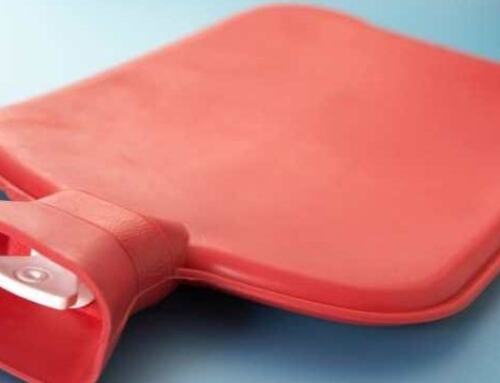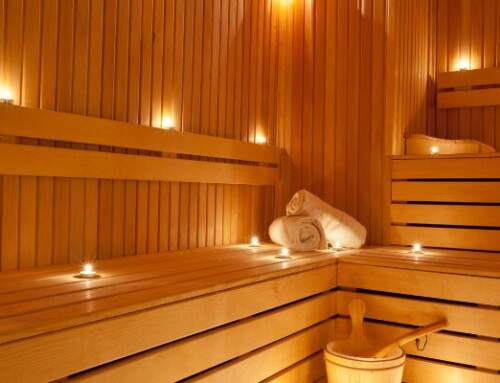9 Sneaky Reasons Your Feet Hurt
When it comes to aching feet, you’re probably familiar with the usual suspects like bunions, plantar fasciitis, and too many hours in sky-high stilettos. But there are a few other reasons your feet might be hurting you—and they’re not quite as obvious. Here are a few ways you might be putting extra wear-and-tear on your feet without realizing it.
You’ve been buying the same shoe size since college.
Have you gotten your feet measured recently? There’s a decent chance you’re squeezing into the wrong size out of habit. “Feet can increase in size with age or pregnancy, so a proper shoe fitting is always important,” says Rachel Glick, DPM, a podiatrist. When you’re shopping for shoes you’ll wear every day, get measured by a professional. If an older pair starts bothering your feet, it’s time to let them go. (Psst! These stylish and comfortable women’s shoes will get you to and from the office in style.)
You went shoe shopping in the morning.
Not only do your feet grow over the years, but they also swell throughout the day—so a pair that fits perfectly in the morning may be uncomfortably tight by the time you leave work. “Try on shoes at the end of the day when your feet are most swollen,” Glick says. When you’re standing (not sitting!) in a pair of shoes, you should have a half-inch between your toes and the front of the shoes, and you should be able to fit your index finger between your heel and the heel counter.
You believe in fashion over function.
It’s basically Shoes 101 that high heels can hurt your feet, but you also have to be careful with flats: If the toe box is too constrictive, it can cause problems. “Avoid shoes with pointed tips, which can cause crowding in the forefoot,” Glick says. “This can lead to callus formation, bone spurs, inflamed nerves, or even promote toe deformities”. Also watch out for flats that lack any semblance of arch support.
You’ve gained a few pounds.
While a little bit of scale creep is normal, especially around the holidays, it can put extra stress on your feet. “Your feet bear 2 to 3 times your body weight when walking. Up to 5 times your body weight when running,” Glick says. So while a few extra pounds may not make a huge difference in how your jeans fit, it has a much bigger impact (literally) on your feet.
You wear the same sneakers for every workout.
Running shoes, walking shoes, cross-training shoes—it may seem like a clever ploy to sell more sneakers, but different types of workouts really do require different types of support to avoid injuries. “A running shoe is lightweight, with maximum cushioning, and is designed for linear movement,” Glick says. Walking shoes often have a leather upper, making them more durable and slightly heavier. For cross-training, choose a lighter shoe for lifting weights, or a heavier shoe for high-impact sports like tennis or basketball.
You hurt your back (or knee, or hip).
If you’re nursing an injury that makes walking painful, your feet will pick up the slack. “Your body will naturally guard an injured area, and the resultant limp will place added pressure on the next-best joint,” Glick says. And it works both ways. So if you have unexplained leg pain or back pain, getting fitted for orthotic insoles might bring relief.
You went overboard at the gym.
If you’ve been gung-ho about high-impact exercise recently, a stress fracture—a tiny break caused by repetitive force—may be one of the reasons your feet hurt. “Stress fractures in the foot are typically an injury of overuse,” Glick says. Talk to your doctor if your feet hurt more with every workout, or you’re experiencing swelling.


